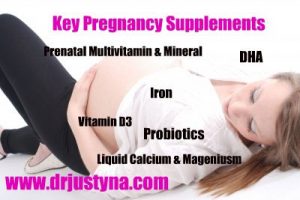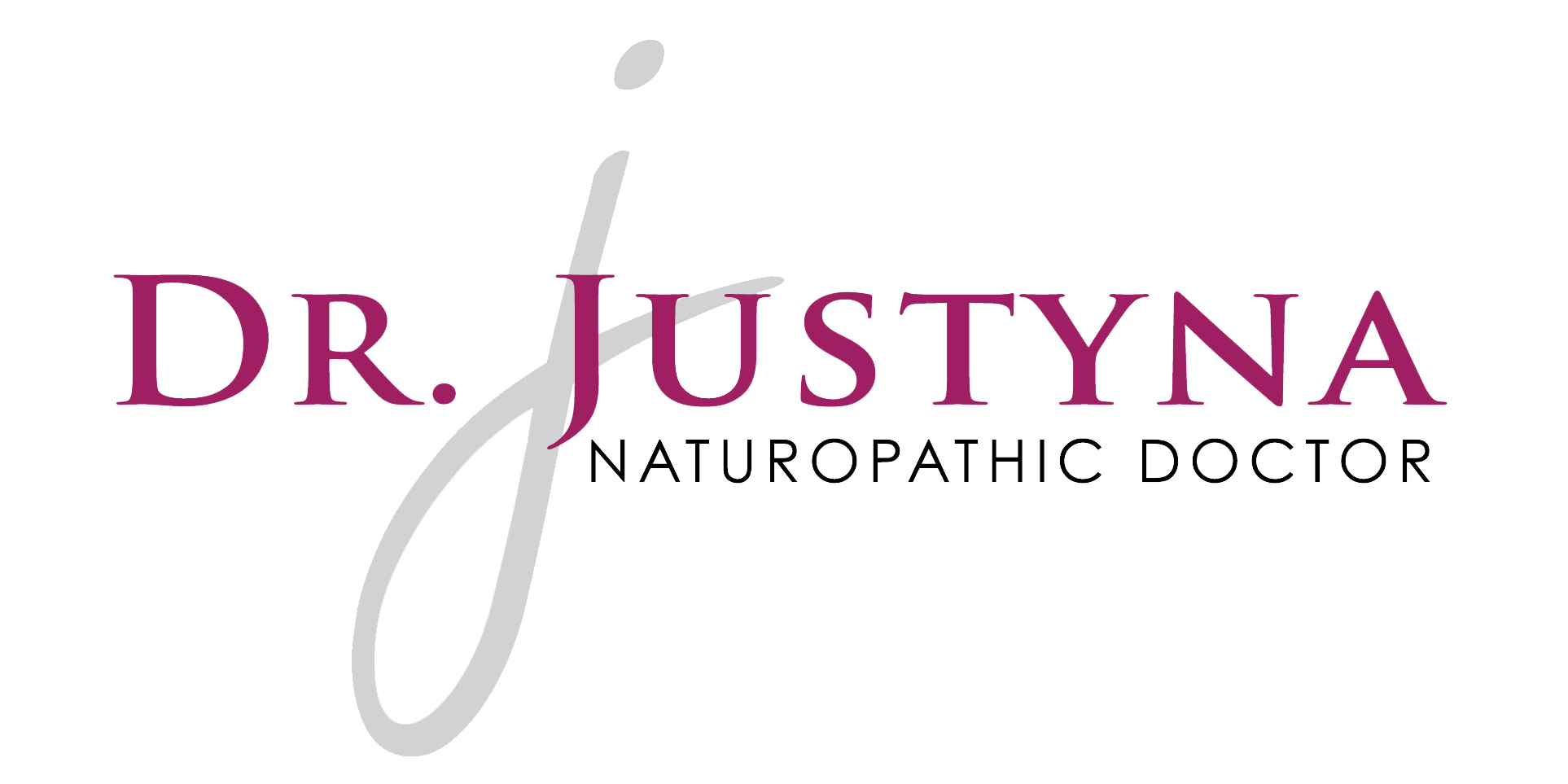 Eating a proper healthy diet is crucial for health in general. However, when you are pregnant (and ideally before conceiving) it is vital to supplement a healthy diet with key nutrients to ensure that you and your baby have what you need for optimal development and a happy pregnancy. Below is a list of the KEY pregnancy supplements to consider taking. Of course, this list can change depending on your specific health needs and history so, it is important that to work closely with your health care professional regarding supplement use and dosages.
Eating a proper healthy diet is crucial for health in general. However, when you are pregnant (and ideally before conceiving) it is vital to supplement a healthy diet with key nutrients to ensure that you and your baby have what you need for optimal development and a happy pregnancy. Below is a list of the KEY pregnancy supplements to consider taking. Of course, this list can change depending on your specific health needs and history so, it is important that to work closely with your health care professional regarding supplement use and dosages.
.
Prenatal Supplement
.
Taking a high-quality multivitamin/multimineral has significant benefits to both your and your baby. Not only does it provide a broad spectrum of nutrients to prevent deficiencies but, it also reduces the incidence of high blood pressure in the mother, childhood cancers and birth defects. Please note that in certain cases (such as elevated Homocysteine levels) additional B6, B12 and folic acid in a B-complex may be indicated.
.
Iron
.
It is important to supplement with a low dose iron as this reduces your risk of anemia and iron deficiency at delivery and postpartum. It also reduces low birth-weights in your baby. If you wait until you’re anemic, you’ll need to supplement with a higher dose which is usually poorly tolerated and can cause constipation and digestive upset. Furthermore, the Nurses’ Health Study found that those women who take a low dose iron supplement during their fertile years are 40 percent less likely to suffer from infertility related to ovulation.
.
Liquid Calcium & Magnesium
.
Calcium and magnesium are two of the main ingredients in bone and teeth and, as such, higher levels of these are needed during pregnancy to build the infant’s bones and also protect your bones as well. Calcium and magnesium are also used in heart, nerve and muscle function and calcium is needed for proper blood clotting. Magnesium is used in blood sugar regulation and the operation of more than 300 enzymes in your body. A deficiency in Calcium during pregnancy has been linked with a higher incidence of preeclampsia. Magnesium deficiencies have also been linked with preeclampsia, as well as, pre-term labor and premature rupture of membranes. Taking a liquid calcium/magnesium supplement at bedtime can help prevent or relieve leg cramps (a common complaint during pregnancy).
.
Vitamin D3
.
Many of us know that Vitamin D enhances the absorption of calcium, reduces bone breakdown and prevents softening of the bones. But did you know that Vitamin D is also involved with regulating cell growth and maturation, stimulating insulin release and modulating the functions of our immune cells? Furthermore, it supports estrogen production in women and low levels have been linked with infertility. Low Vitamin D levels have also been linked with low birth weights, gestational diabetes, a twofold increase in preeclampsia and lower bone mass in children born to deficient mothers. So, it’s no wonder that Vitamin D supplementation is key during pregnancy especially since deficiencies are found to be epidemic in all age groups!
.
Probiotics
.
Supplementing with probiotics is crucial as you want to make sure that you have healthy microbial strains in your digestive and reproductive tract. The reason this is important is because it is you that provides the organisms that kick-start the gut flora in your baby and the healthier strains you have, the healthier start the baby will have in life. Probiotics used in pregnancy and breastfeeding have been shown to improve the immunoprotection of breast milk and significantly reduce eczema in the first two years of life. Not to mention the fact that they help us properly digest proteins and actually make a number of the vitamins that we need in order to remain healthy.
.
Essential Fatty Acids (DHA)
.
We’ve been hearing a lot about all the health benefits of omega-3s in these last few years. Well, when it comes to pregnancy…it’s the DHA part of the omega 3 that is especially important as it helps to develop the baby’s brain! Taking DHA during pregnancy and while breastfeeding has been shown to increase infant IQ, improve social behavior, improve vision and hearing and reduce risk of eczema. It also provides many benefits to the mother including helping to prevent preterm labor, preeclampsia and postpartum depression. With this said, it is still important that you continue to consume omega 6 essential fatty acids (GLA and arachidonic acid). Arachidonic acid is also crucial for infant brain development and GLA helps to ensure sufficient birth weight. Fortunately, most of us get plenty of omega 6 fatty acids in our diets (from numerous nuts, oils and meats).
.
References: The Brighton Baby by Dr. Roy Dittman & Better Nutrition Magazine: Pregnancy (Volume 14).
